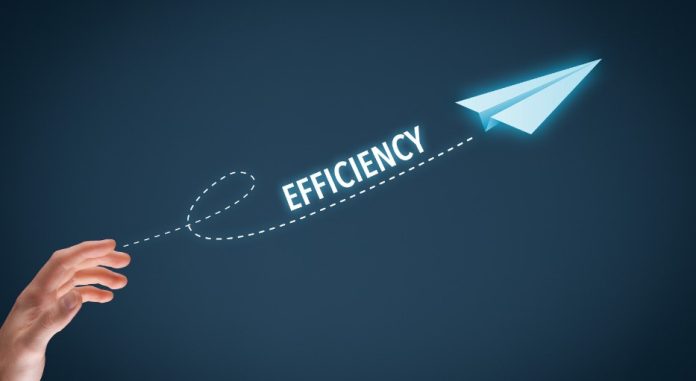Table of Contents
Process Perfection: Simplifying Your Way to Business Efficiency
In the business environment, efficiency isn’t just a goal; it’s a necessity. With competition fiercer than ever, companies across the UK are seeking innovative ways to streamline operations, reduce overheads, and enhance productivity. The key to achieving this trifecta of business excellence lies in simplification – removing unnecessary complexities to focus on what truly drives value. This article explores the transformative power of simplifying processes, from leveraging technology to fostering a culture of continuous improvement.
Embracing Technology: A Catalyst for Change
The digital era has ushered in a plethora of tools designed to automate and simplify business operations. From project management software that ensures tasks are completed on time to customer relationship management systems that provide insights into consumer behaviour, technology is a game-changer.

Among the myriad of technological solutions available, smart meters for businesses stand out as a noteworthy mention. By automating the process of sending meter readings, these devices not only save time but also ensure bills are based on accurate usage. This move away from manual processes is a prime example of how embracing technology can lead to significant efficiency gains.
However, the journey towards process perfection involves more than just adopting new tools; it requires a strategic approach to technology integration. Businesses must evaluate their operations to identify areas where technology can have the greatest impact, prioritise investments that offer the highest returns, and train staff to effectively use new systems.
Cultivating a Culture of Continuous Improvement
While technology can provide the means to simplify processes, the mindset of the organisation plays a critical role in sustaining efficiency gains. A culture of continuous improvement, where employees are encouraged to question the status quo and suggest better ways of doing things, is vital. This involves regular review of existing processes, encouraging feedback from all levels of the organisation, and being open to change.
Moreover, empowering employees by giving them the tools and authority to make improvements fosters a sense of ownership and responsibility. When staff feel their input is valued and can see the tangible results of their suggestions, it boosts morale and productivity.
Streamlining Operations: Less is More
One of the most effective ways to achieve business efficiency is through streamlining operations. This can involve consolidating tasks to reduce duplication of effort, simplifying communication channels to improve clarity, and eliminating unnecessary procedures that add no value. In practice, this might mean reducing the number of approval stages for projects, adopting a more flexible approach to work, or utilising technology to automate routine tasks.

Furthermore, businesses should not overlook the importance of clear, concise documentation of processes. Well-documented procedures not only make it easier to train new staff but also provide a reference point for evaluating the effectiveness of current practices.
A Journey, Not a Destination
Achieving process perfection is a continuous journey rather than a final destination. As markets evolve and new technologies emerge, businesses must remain agile, always looking for opportunities to refine and improve their operations. By embracing technology, fostering a culture of continuous improvement, and streamlining processes, companies can simplify their way to success.
In conclusion, the pursuit of business efficiency through simplification is a multifaceted endeavour. It demands a strategic approach to technology adoption, a commitment to fostering an innovative culture, and a willingness to constantly re-evaluate and refine processes. With these principles in mind, businesses can navigate the complexities of the modern marketplace with agility and confidence, setting the stage for sustained success and growth.


